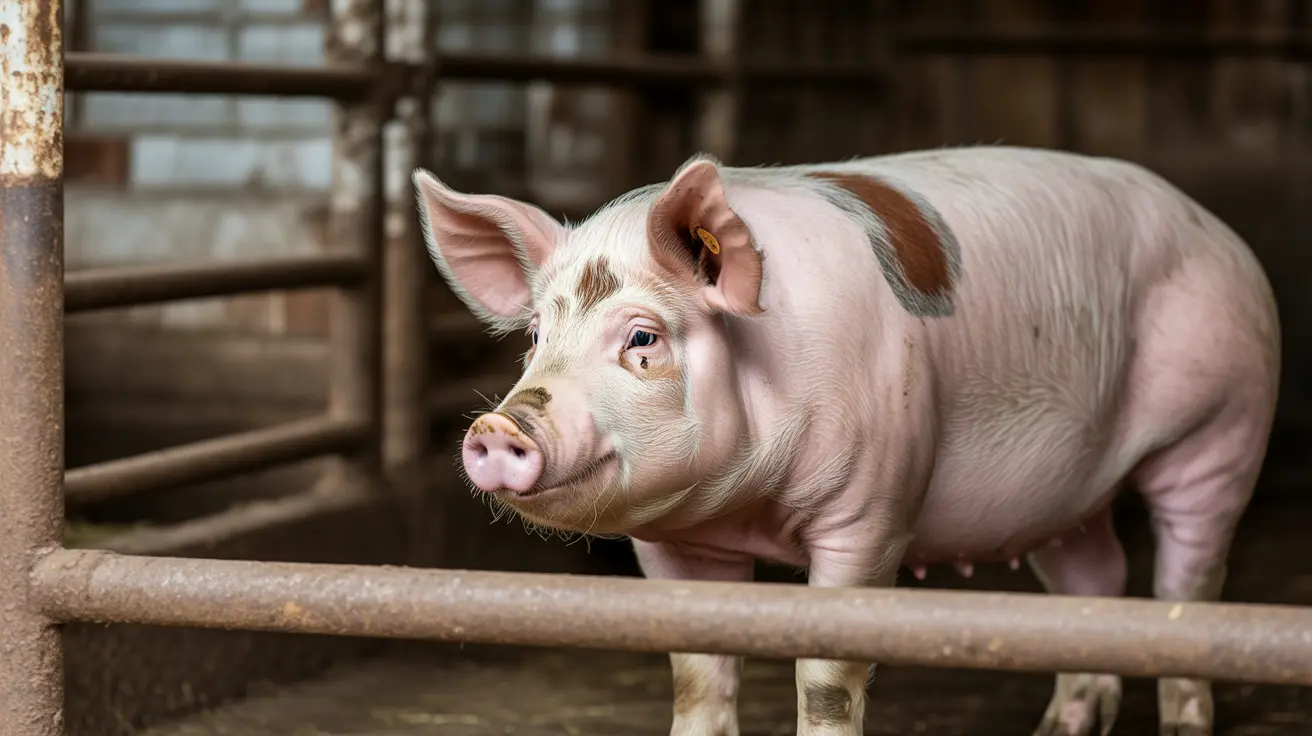Understanding the Bernese Mountain Dog
The Bernese Mountain Dog, often called Berner Sennenhund or Bouvier Bernois, hails from the picturesque Swiss Alps—specifically the region of Bern. This breed's roots stretch back to Roman mastiff-type dogs, giving it a rich history as a versatile farm worker and steadfast companion.
Origins and Historical Role
Developed in Switzerland, Bernese Mountain Dogs were bred to be true all-rounders on farms. Their traditional roles included:
- Herding livestock
- Guarding property and animals
- Pulling carts (draft work)
- Serving as loyal family companions
By the early 1900s, modern farming threatened their numbers. Breed enthusiasts stepped in to preserve them, and in 1937 the American Kennel Club formally recognized the breed within its Working Group.
Physical Characteristics
If you spot a Berner, you'll notice their striking tri-colored double coat: a base of jet black with rich rust and crisp white markings. Many display a classic white "Swiss cross" on their chest and a white-tipped tail. Their long, thick fur can be straight or slightly wavy—perfect for cold climates but not so much for hot weather.
- Males: 25-27.5 inches tall; 80-115 pounds
- Females: 23-26 inches tall; 70-95 pounds
Their build is sturdy and muscular, slightly longer than tall. Look for broad heads, medium triangular ears, and expressive dark eyes that radiate warmth.
Temperament and Personality
The Bernese Mountain Dog's temperament is one of its greatest assets. These dogs are gentle giants—calm, affectionate, patient, and deeply loyal. They form strong bonds with their families (sometimes attaching most closely to one person) and typically get along well with children and other pets. While they’re generally friendly, some may be reserved around strangers but rarely aggressive.
Their intelligence shines through in training sessions—they’re eager to please and respond best to consistent, positive reinforcement. Early socialization is key due to their size and strength.
Lifestyle Needs
If you’re considering life with a Berner, know that they crave companionship. Loneliness doesn’t suit them; left alone too long, they may develop anxiety or destructive habits. As puppies and adolescents they brim with energy but mellow out as adults.
- Daily exercise: 30-60 minutes (walks, playtime, hiking)
- Enjoyment of canine sports: obedience, agility, drafting (cart pulling), herding
A home with outdoor space suits them best—apartments or hot climates aren’t ideal due to their thick coats and need for activity.
Grooming Requirements
Their lush double coat means heavy shedding year-round, especially during spring and fall when it ramps up even more. Regular grooming is essential:
- Weekly brushing (daily during peak shedding)
- Nail trimming
- Ear cleaning
- Dental care
This routine keeps them comfortable and reduces hair tumbleweeds around your home.
Health Concerns & Lifespan
The breed’s beauty comes with health challenges. Bernese Mountain Dogs are prone to several conditions:
- Certain cancers (notably histiocytic sarcoma & lymphoma)
- Hip/elbow dysplasia & arthritis
- Bloat (gastric dilatation-volvulus)
- Eye diseases & allergies
You might also encounter joint issues or rare conditions like Wobbler’s syndrome or mange. Their average lifespan is short—just 6 to 10 years—though attentive care can help some live longer.
- Select breeders who screen for genetic issues
- Pursue regular veterinary checkups
- Provide quality nutrition and daily exercise
Loving Nature & Sensitivity
A Berner’s affection is unmistakable—they’ll lean against you or place a paw on your lap just to be close. Sensitive souls at heart, they don’t handle changes in family routine well or being excluded from daily life.
Suits Best For...
- Families wanting an affectionate companion who enjoys being involved in activities
- Homes with yards in cooler climates (indoors living preferred)
The breed excels at therapy work, search-and-rescue tasks, and organized dog sports thanks to its intelligence and calm demeanor.
If You’re Considering a Berner…
- Research reputable breeders focused on health & longevity improvements
- Pursue early pet insurance given potential health costs
A lifestyle prioritizing companionship, activity, grooming—and lots of love—will give your Bernese Mountain Dog the happiest life possible.





